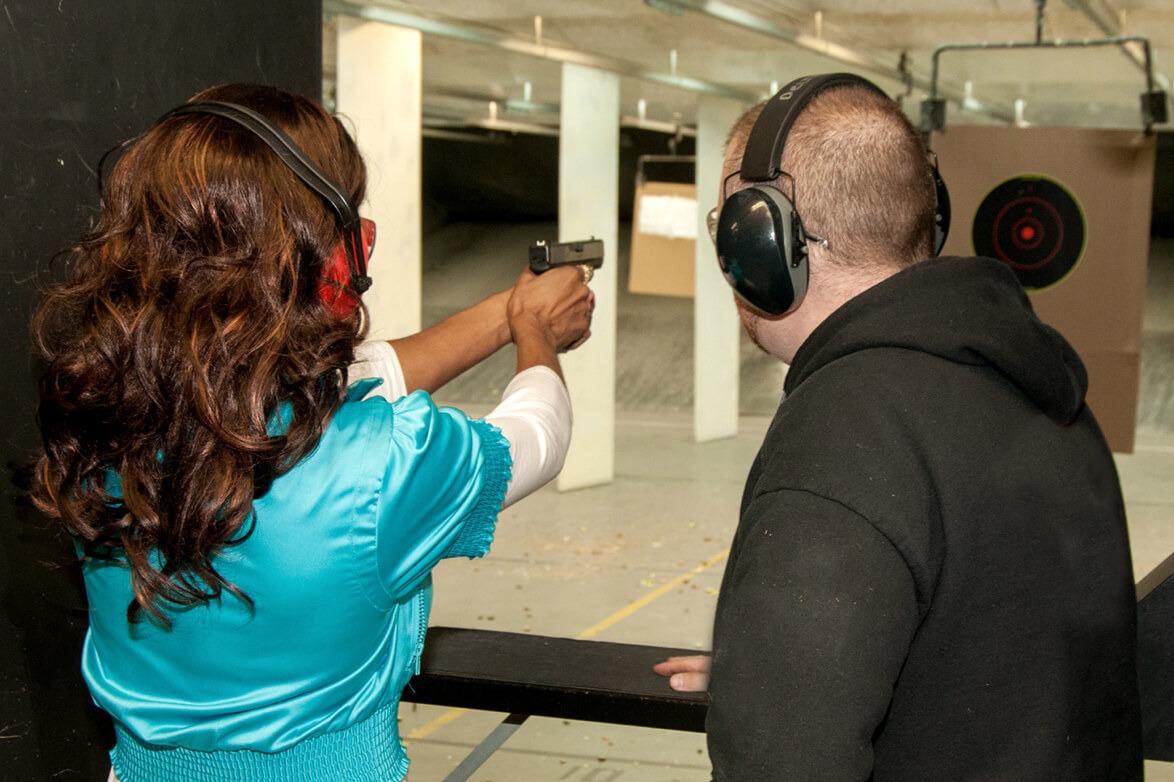 Back to News
Back to News
February 18, 2015
Store Security — More Than Set it and Forget it
Running a successful business today requires multitasking and then some. Indeed, there’s so much to do, so many things that need attention, that it can be tempting to set the cruise control on tasks that don’t require hourly attention. One item that often gets trusted to work on its own is your store’s alarm system.
As a firearms retailer, one of the first things you undoubtedly did before opening up shop for the first time was install some sort of burglar alarm system. The technician came out and installed the sensors and a keypad and maybe even cameras, and you put fresh “These Premises Guarded by Acme Security System” stickers on the windows. Other than paying the alarm company its monthly monitoring fee, there’s not much to think about, is there?
When it comes to store security systems, there’s more to making them work for you than setting it and forgetting it. Here are several items to put on your regular to-do list:
- Keep current on your alarm license if required in your jurisdiction. Forgoing this can mount up the fines from your local government if they require your business to maintain a burglar alarm permit.
- Ensure you have no false alarms.
- False alarms waste law enforcement resources by responders.
- Many jurisdictions will bill you for false alarms.
- Too many unresolved false alarms can result in a “cry wolf” syndrome that may cause a delay in law enforcement or fire and EMS response.
- Remember that something that looks like a false alarm may in fact be a criminal observing how long it takes for someone to respond before they try the real thing. Extra security measures such as additional cameras or private patrols may help prevent a crime from occurring if you suspect your business is being observed for future criminal access.
- Test your alarm regularly.
- Schedule regular testing with your alarm company to verify the alarm signal from your location. This may require calling the alarm company and having your alarm placed into “test” mode then activating all the devices such as motion, door contacts, etc. Always check with your alarm company for protocol before conducting a test.
- Be sure to check your alarm backup system. If your alarm reports across a telephone line, you should have a backup system such as cellular phone service or a Wi-Fi connection.
- Perform a full annual alarm system maintenance check. Have your alarm company come to your business and completely review the burglar alarm to ensure top performance and suggest improvements.
- Verify your alarm notification list. Is your contact list for responders up to date? Have you updated and removed responders who no longer work for your store? Have you verified the phone numbers for your responders?
- Develop a plan for working with responders. Leverage the relationship with your local law enforcement personnel and discuss how they would like for you to respond in the event of an active burglar alarm.
It’s easy to punch the keypad at your store’s door every evening and believe all will be right with your store the next morning. By working with the tips here, though, you’ll be better prepared if an incident does occur and able to head off problems before they happen.
You may also be interested in: Burglary Prevention Part V — Testing Your Alarm System
About the Author
 Bill Napier is a member of NSSF’s retail compliance consultant team. He has more than 30 years’ experience in retail loss prevention, passionately serving others in leadership roles such as site manager, corporate manager and director. Businesses have included small and growing retail chains as well as a Fortune 1000 company. For more than 18 of those 30 years, Napier has been in the retail outdoor arena with responsibility for ATF compliance and firearms related investigations. He often serves as a guest speaker at NSSF’s SHOT Show, as well as at gatherings of the National Retail Federation (NRF), Retail Industry Leaders Association (RILA), Retail Technology (RETECH), ASIS International and The Loss Prevention Foundation, and he has spent more than 20 years in municipal law enforcement as a uniformed patrol officer, detective and supervisor. Additionally, Napier has been a state-certified law enforcement instructor and he serves as a Hunter Education instructor in Nebraska, on the ASIS Retail Loss Prevention Council, is a member of the Subject Matter Expert Committee and serves on the board of directors for The Loss Prevention Foundation.
Bill Napier is a member of NSSF’s retail compliance consultant team. He has more than 30 years’ experience in retail loss prevention, passionately serving others in leadership roles such as site manager, corporate manager and director. Businesses have included small and growing retail chains as well as a Fortune 1000 company. For more than 18 of those 30 years, Napier has been in the retail outdoor arena with responsibility for ATF compliance and firearms related investigations. He often serves as a guest speaker at NSSF’s SHOT Show, as well as at gatherings of the National Retail Federation (NRF), Retail Industry Leaders Association (RILA), Retail Technology (RETECH), ASIS International and The Loss Prevention Foundation, and he has spent more than 20 years in municipal law enforcement as a uniformed patrol officer, detective and supervisor. Additionally, Napier has been a state-certified law enforcement instructor and he serves as a Hunter Education instructor in Nebraska, on the ASIS Retail Loss Prevention Council, is a member of the Subject Matter Expert Committee and serves on the board of directors for The Loss Prevention Foundation.
Categories: Featured, Ranges, Retailers, Top Stories









